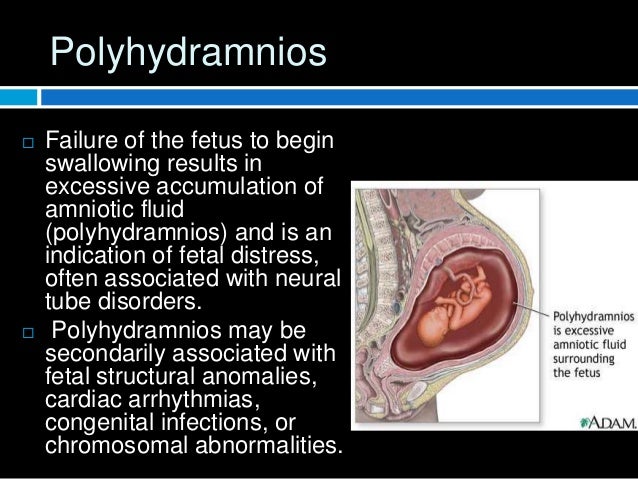

This scan isn’t always performed by your OB/GYN. Your doctor will usually spot high fluid levels during your 20 week ultrasound.

Regardless of which way your care provider goes, you can have faith in the results and put your knowledge in the game. Whereas a single deepest measure will be on the low end. But actually, the acceptable amount of volume averages out easily between the hoped-for 8 -18 centimeters.Īs you can expect, a quadrant measurement is going to be on the high end. These seem like they would give drastically different results. Your provider will find the pocket with the most vertical volume and record that value from top to bottom The second method is to estimate the “single deepest pocket range” or “deepest vertical pocket” method.Then add them as if stacked top to bottom The first method is to estimate the depth of volume in each of the four quadrants within the placenta.There are two go-to tests that are equally accurate. How that’s measured differs from provider to provider. The normal amniotic fluid level range is between 8 to 18 cm. Luckily there are treatments to take care of either condition.

To ease your worries – too high or too low amniotic fluid levels and normal delivery CAN go hand in hand. While LOW amniotic fluid is probably why most of you are here, HIGH amniotic fluid is also definitely a problem. Both instances can result in premature birth, birth defects, or even stillbirth.

If the level is too low, it’s called oligohydramnios. Then, they either add up estimates of four separate quadrants or they measure the “single deepest pocket”.Īmniotic fluid levels that are too high are called polyhydramnios. To check it, doctors measure amniotic fluid levels around the baby. The amount of fluid helps indicate how healthy the baby is in utero. Why is the Amniotic Fluid Index Important? We’ll get into the specifics in a minute, but be aware that this number is usually VERY important in pregnancy. The amniotic fluid index (AFI) is the estimated range of possible volume of fluid in the amniotic sac. Take the time to learn more below so you know all the right questions to ask. If you have low or high amniotic fluid levels, there’s still hope! While either can have significant consequences if left untreated, both conditions can be dealt with. If there are any concerns, your doctor will estimate this amount to ensure that you don’t have too little or too much amniotic fluid.Īre you here because you’ve have irregular amniotic fluid levels? Don’t stress out about this one, guys! Your doctor will let you know when to worry. Hi mama! Did you know amniotic fluid levels are SERIOUSLY important to how well your baby can recirculate waste? It’s something we watch carefully during pregnancy.


 0 kommentar(er)
0 kommentar(er)
